
The Growing Field of Cybersecurity: Career Opportunities and Skills Needed
By contributor Lyan Ware
Whether you’re a budding cyber enthusiast or an experienced IT professional looking to pivot, this blog will help you navigate the dynamic field of cybersecurity, explore the possibility of exciting career opportunities, and get informed about the essential skills required to excel.
First of all, it’s important to note that the cybersecurity landscape stands as a vital shield guarding against a myriad of evolving threats. With the rapid proliferation of technology across several industries, the field of cybersecurity becomes ever more imperative. From defending critical infrastructures to protecting sensitive data from sophisticated cyberattacks, the field encompasses a spectrum of challenges and opportunities. Emerging trends, including the rise of IoT, cloud computing, and artificial intelligence, further shape this dynamic terrain, underscoring the need for skilled professionals who can navigate, anticipate, and mitigate cyber risks to ensure the integrity, confidentiality, and availability of digital assets in our ever-expanding virtual universe.
Although there is a plethora of job roles in cybersecurity, below are some examples of the most common roles in the field:
- Cybersecurity Analyst: A cybersecurity analyst safeguards an organization’s digital assets by monitoring networks for suspicious activities, identifying vulnerabilities, implementing security tools, and responding to potential breaches. They enforce security policies, conduct audits, and educate employees on cybersecurity best practices. In case of incidents, they investigate and analyze digital evidence, develop response plans, and work to minimize damage. Continuously staying updated on emerging threats and technologies, cybersecurity analysts play a vital role in maintaining the security and integrity of an organization’s digital environment.
- Ethical Hacker (Penetration Tester): An ethical hacker, also known as a penetration tester, employs authorized and controlled methods to test an organization’s systems, networks, and applications for vulnerabilities. Their role involves simulating cyberattacks to identify weaknesses that malicious actors could exploit, thereby helping organizations strengthen their security measures and defenses. By evaluating potential risks and providing actionable recommendations, ethical hackers play a critical role in enhancing an organization’s cybersecurity posture and safeguarding against potential breaches.
- Security Architect: A Security Architect is responsible for designing and implementing comprehensive security strategies and solutions within an organization’s IT infrastructure. They collaborate with various teams to create and enforce security policies, evaluate potential risks, and develop systems that effectively protect digital assets, data, and networks against cyber threats. By integrating advanced technologies and best practices, Security Architects ensure the organization maintains a robust and resilient security posture while adhering to industry regulations and standards.
- Security Consultant: A security consultant provides expert guidance and advice to organizations on enhancing their overall security posture. They assess existing security measures, identify vulnerabilities, and offer tailored recommendations to mitigate risks and improve defenses against cyber threats. Security consultants also assist in developing and implementing security policies, conducting risk assessments, and staying updated on evolving security trends and technologies, helping organizations maintain a strong and adaptive security framework.
- Chief Information Security Officer (CISO): A Chief Information Security Officer (CISO) is a senior executive responsible for overseeing and directing an organization’s information security strategy. They lead efforts to protect digital assets, data, and networks by developing and implementing comprehensive security policies, procedures, and controls. CISOs collaborate with various departments to ensure compliance with industry regulations and standards, assess and mitigate security risks, manage security incidents, and stay informed about emerging threats and technologies. Through strategic planning and leadership, CISOs play a pivotal role in maintaining a resilient and effective cybersecurity framework that safeguards the organization against cyber threats and breaches.
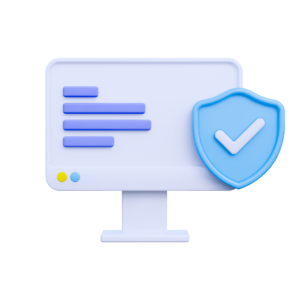
No matter which role you decide is the most appealing to you, there are some essential skills that every hopeful cybersecurity professional needs in their arsenal. A strong foundation in networking fundamentals is vital, along with proficiency in operating systems like Windows, Linux, and macOS. Programming and scripting abilities, particularly in languages such as Python, Bash, and PowerShell, bolster technical prowess. Familiarity with critical cybersecurity tools like Wireshark, Nmap, and Metasploit is key, as is a deep understanding of encryption, cryptography, and effective cloud security strategies. These skills should be honed to collectively empower and shape cybersecurity professionals into experts.
To complement your technical skills, there are some critical soft skills that every cybersecurity professional should possess. Effective communication skills enable you to convey complex security concepts clearly to both technical and non-technical audiences. Critical thinking and problem-solving abilities aid in identifying vulnerabilities and devising innovative security solutions. Attention to detail is crucial for meticulous analysis of security data and potential threats. Adaptability helps professionals stay ahead of rapidly evolving cyber threats and technology. Strong teamwork and collaboration skills facilitate cooperation with cross-functional teams to address security challenges. Lastly, ethical integrity is paramount, ensuring responsible and lawful conduct.
Those looking to get into cybersecurity have many options for training and educational pathways. While the traditional method of obtaining a bachelor’s degree in a relevant field such as computer science, information technology, or cybersecurity might work for some, this is not a viable option for many. Online courses, cybersecurity bootcamps, and IT training providers with accelerated course options have opened up a lot of opportunities for people whose time, age, income, and family obligations have prevented them from being able to take the traditional route. Specialized certifications, like CompTIA Security+, Certified Information Systems Security Professional (CISSP), and Certified Ethical Hacker (CEH), offer focused training and recognition of expertise.
Post training and education, it is important to seek out practical experience through internships, hands-on projects, and entry-level positions to expand upon learned skills. Continuous learning, engagement in online communities, and staying updated on evolving threats and technologies are also crucial for a successful career in cybersecurity. When it comes to this field, the education part never ends. Just about all of the most widely recognized IT certifications have rigorous continuing education requirements to maintain and renew the certification status.
Even if you come away from your training and education armed with a handful of well-known IT certifications, breaking into the industry can still be difficult without multiple years of experience. Fear not, there’s still hope! Emerging cybersecurity professionals can strategically enhance their experience through a multifaceted approach. Establishing a home lab allows for hands-on practice in a controlled environment, fostering proficiency in diverse security tools and techniques. Active participation in open-source projects not only showcases skills but also promotes collaboration and knowledge sharing within the cybersecurity community. Engaging in Capture the Flag (CTF) challenges sharpens problem-solving abilities and exposes practitioners to real-world scenarios. Building a strong network and cultivating a professional brand through online platforms enables connections with seasoned experts and potential employers. Crafting a portfolio of projects, ranging from vulnerability assessments to penetration tests, offers tangible evidence of expertise, and serves as a compelling showcase of practical skills. These endeavors collectively galvanize aspiring professionals to bolster their experience and stand out among other entry-level candidates.
Having a finely tailored in conjunction with a curated social media presence and purposeful social media networking skills are other necessary assets for those trying to get into any field. IT and cybersecurity are no exception. Having a LinkedIn profile optimized to showcase the brand/image you’re trying to cultivate for employers is just as important as preparing an attractive resume. It’s all about first impressions! Even if you’re lucky enough to submit an application through a referral, it’s vital to ensure that there’s continuity in your professional branding across all platforms and mediums. This is done through conscious post engagements, participation in forums and communities of similar professionals, and maintaining good social media hygiene.
Engaging in meaningful dialogue with recruiters and other cybersecurity professionals might reward you with a mentor, or better yet, open a much-needed door of opportunity towards a great role!
So, let’s say you land an interview or two. Prep, prep, and more prep! Not only should you be boning up on your technical knowledge and behavioral questions, but you must also do research on the company you’re interviewing for. The effort and enthusiasm you exhibit for the role will no doubt earn the desired attention of a prospective employer.
Should you decide to take on the fascinating realm of cybersecurity, remember that dedication, continuous learning, and a passion for problem-solving will carry you far. The cybersecurity field offers an abundance of opportunities, and with the right skills and mindset, you can contribute to making the digital world safer for everyone.
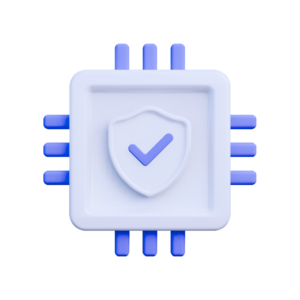
What’s holding you back? Why not start today?
What Skills Transfer into IT and Cybersecurity?
Resume Hack for Inexperienced Cybersecurity Professionals


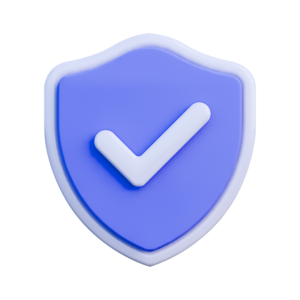













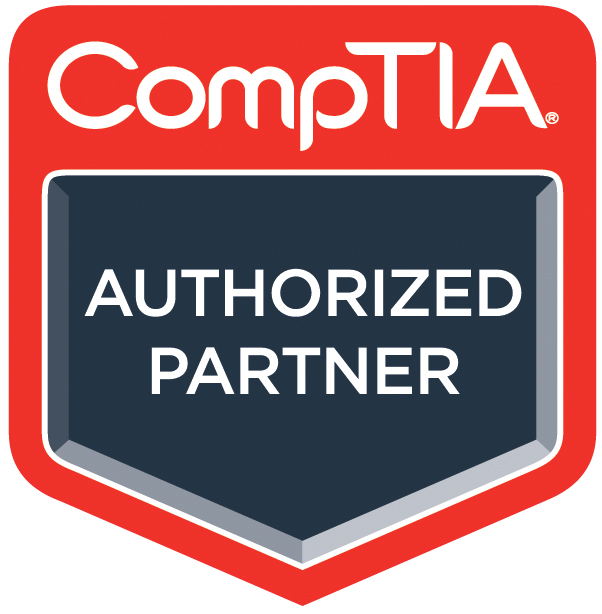


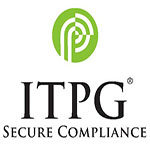









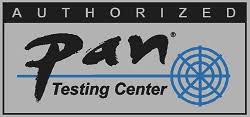




Leave a Reply
You must be logged in to post a comment.